FSSAI registration is essential for any food business operating in India. It ensures that the food you produce, distribute, or sell complies with the safety standards established by the Food Safety and Standards Authority of India (FSSAI). Securing an FSSAI license fulfills a legal obligation and fosters customer trust by demonstrating that your products are safe to consume.
The 14-digit registration or license number you receive upon approval must be displayed on your products, indicating compliance with the regulations. There are two categories to understand: FSSAI Registration and FSSAI License. Small-scale food businesses, such as petty manufacturers or small retailers, need only FSSAI registration, while larger entities require an FSSAI license. Both categories are governed by the Food Safety and Standards Act of 2006, which sets out the requirements for food safety in India.
Knowing how to get food license is crucial for compliance and smooth business operations. Understanding the difference between registration and a license helps businesses ensure they apply for the correct one based on their operations.
Entities Requiring FSSAI Registration
FSSAI registration is required for various food-related businesses to ensure food safety and product quality. Each type of business, regardless of its size, must adhere to India’s Food Safety and Standards Authority guidelines to operate legally.
- Retail shops and temporary stalls
Small food retailers, such as grocery stores and temporary food stalls, must register with FSSAI to ensure the protection of the products they sell for consumption.
- Hawkers and dairy units
Street vendors selling perishable food items and small-scale dairy businesses involved in milk collection and distribution require FSSAI registration to maintain hygiene standards.
- Meat and fish processing units
Entities involved in the slaughtering, processing, and packaging meat and fish must register to ensure proper handling and sanitary conditions in the supply chain.
- Food manufacturing and processing units
Units producing, packaging, or processing food products must obtain FSSAI registration to comply with food safety laws.
- Proprietary and novel food
Manufacturers of proprietary or innovative food items that do not have any standard regulations must register to ensure their products meet safety guidelines.
Businesses offering cold storage or transporting perishable food must register to ensure these products’ proper preservation and safety during transit.
- Wholesalers, distributors, hotels, and restaurants
Large-scale food distributors, hotels, and restaurants require FSSAI registration to guarantee food safety and quality in bulk handling and preparation.
- E-commerce food suppliers, including cloud kitchens
Online food businesses and cloud kitchens must obtain FSSAI registration to legally deliver food products and ensure safe packaging and delivery methods.
FSSAI registration ensures that these businesses maintain the highest standards for preservation and safety during transit. Similarly, large-scale food distributors, wholesalers, hotels, and restaurants must register to guarantee food safety in bulk handling and preparation. For such businesses, efficient logistics and storage are essential to their success.
Intoglo, a cross-border logistics provider from India to the USA can support these needs with its range of specialized services. As a 5-star rated Amazon special trucking partner in the USA, Intoglo offers dedicated warehouses for long-term storage, ensuring your products are stored safely for extended periods.
Our cold storage and transportation services ensure perishable goods maintain their quality during transit. Trans-loading facilities and repackaging and relabeling services also streamline your supply chain, making operations more efficient.
Get in touch with Intoglo for more information.
Discuss Eligibility for FSSAI Registration
Eligibility for FSSAI registration varies depending on the size and scale of the food business. Understanding these categories is crucial to determining which registration or license is necessary for legal compliance.
Businesses Covered Under Basic Registration
FSSAI Basic Registration applies to small food companies with an annual turnover of Rs.12 lakh or less. This includes petty food retailers, small manufacturers, hawkers, temporary food stalls, and small-scale distributors. These businesses operate on a limited scale and do not engage in large-scale production or distribution, making basic registration a simple but necessary process for ensuring food safety.
Small-scale Food Business Categories and Capacity Limit
Certain small-scale food businesses fall under specific capacity limits to qualify for basic registration.
- Vegetable oil processing units: Units that produce vegetable oil using the process of expelling and crushing, with a production capacity of up to 100 kg or liters per day.
- Slaughterhouses: Small slaughterhouses that handle up to nine or ten small animals, 2 large animals, or 50 poultry birds daily
- Food re-packers: Businesses that repack food products without changing their original form, with a repacking capacity of up to 100 kg per day.
- Home-based food producers: Individuals or home-based businesses produce and sell homemade food products like pickles, jams, or bakery items within a small production limit of up to 100 kg daily.
- Small-scale fruit and vegetable processing units: Units processing fruits and vegetables with a capacity of up to 100 kg per day, including pickling, drying, or making other processed food items.
- Street food vendors: Small vendors sell ready-to-eat food on the streets or from mobile carts as long as their annual turnover stays below Rs.12 lakh.
Eligibility for FSSAI License
Eligibility for an FSSAI license depends on the size and scale of a food business. For larger operations, a State or central FSSAI License is required to ensure compliance with stricter food safety standards.
State FSSAI License (Medium-sized businesses and capacity limits)
Medium-sized food firms with an annual turnover of Rs 12 lakh to Rs 20 crore are eligible for the FSSAI State License. This includes medium-sized manufacturers, processors, storage units, and transporters.
Specific capacity limits apply, such as dairy units handling between 500 and 50,000 liters of milk per day or food manufacturing units with a production capacity between 100 kg and 2 metric tonnes per day. Businesses in this range must submit Form B to obtain the State License, ensuring they follow appropriate food safety measures at a larger operational scale.
Central FSSAI License (Large-scale businesses and capacity limits)
Food businesses operating on a large scale with an annual turnover of over Rs.20 crore are required to obtain the Central FSSAI License. This category includes large food manufacturers, importers, export-oriented units, and companies operating across multiple states.
Capacity limits for this license include dairy units handling more than 50,000 liters of milk per day and food processing units producing over 2 metric tonnes per day. Importers and large cold storage chains also fall under this category. Businesses must apply for this license using Form B, which ensures adherence to strict food safety regulations on a national level.
Procedure for Obtaining FSSAI Registration Online
The procedure for obtaining FSSAI registration online is straightforward, allowing food businesses to comply with safety standards efficiently. Here’s a step-by-step guide:
- Applying through the FoSCoS portal: The first step is to visit the Food Safety Compliance System (FoSCoS) portal, the official platform for FSSAI registration. Businesses must create an account, select the registration type (Basic, State, or Central), and fill out the appropriate application form (Form A or B). The form requires details about the business, such as the type of food handling, turnover, and location.
- Required documents: During the application process, you must upload several key documents, including a passport-sized photo of the business owner, proof of identity (such as an Aadhar card or PAN card), proof of business premises (like a rent agreement or utility bill), and a declaration form. Additional documents, such as a food safety management plan or a list of products, are required for licenses.
- Departmental scrutiny and possible inspection: After applying, the FSSAI department reviews the information and documents provided. For businesses, particularly those seeking a State or Central License, authorities may inspect the premises to verify adherence to food safety regulations.
- Issuance and display of registration certificate: The FSSAI issues a 14-digit registration or license number upon successful review and inspection. Businesses can download the registration certificate from the FoSCoS portal, which must be displayed at the business premises. Confirming the business’s compliance with food safety regulations ensures transparency and trust with consumers.
Documents Required for Obtaining FSSAI
Here’s a breakdown of the documents required to obtain FSSAI registration or license:
General documents for all FSSAI types
These documents are mandatory for both Basic Registration and State/Central Licenses:
- Passport-sized photograph of the applicant
- Identity proof of the business owner (Aadhar card, PAN card, or voter ID)
- Proof of business premises (rent agreement, utility bill, or ownership document)
- Declaration form stating adherence to the Food Safety and Standards Act
Specific documents for State and Central License
In addition to the general documents, the following are required based on the type of license:
- For State License:
- List of food products manufactured or handled
- Food safety management plan (outlining processes to ensure food safety)
- Authority letter with the name and details of the responsible person
- For Central License:
- Import/export code (for importers and exporters)
- A comprehensive food safety management system plan or certificate
- Proof of turnover (for large-scale businesses)
- Certificate of incorporation (for companies)
- NOC from the local municipality, if applicable
Having these documents ready streamlines the FSSAI registration or licensing process and ensures compliance with food safety regulations.
Conclusion
Obtaining an FSSAI food license or registration is crucial for any food business in India. Whether running a small street food stall or managing a large-scale processing unit, compliance with FSSAI regulations ensures your products are safe and legally approved. The process involves:
- Selecting the correct registration or license type.
- Submitting the necessary documents.
- Following through with inspections when required.
Adhering to these guidelines strengthens customer trust and allows you to expand your business with confidence.
Ensuring timely and reliable shipments becomes essential as your business grows, especially in global markets like the USA. If you’re an Amazon FBA seller, working with a trusted logistics partner is key. Whether you’re exporting food products to the USA or managing Amazon FBA shipments, Intoglo offers end-to-end logistics solutions tailored to your requirements from India to the USA.
Why choose Intoglo?
- Hassle-Free Customs Clearance: Supported by in-house compliance and pre-screening for smooth approvals.
- Amazon FBA Expertise: Trusted 5-star rated trucking partner for reliable and efficient delivery.
- Comprehensive Support: 50+ warehouses in the USA and end-to-end shipment visibility through our Glotrack module.
- Global Team Support: Dedicated teams in India and the USA ensure timely resolution of all your queries.
- PAN India Pickups: Rapid pickups within 24 hours for streamlined supply chain management.
- Extensive USA Coverage: Deliver to over 41,000 zip codes with a robust drayage network at wet and dry ports.


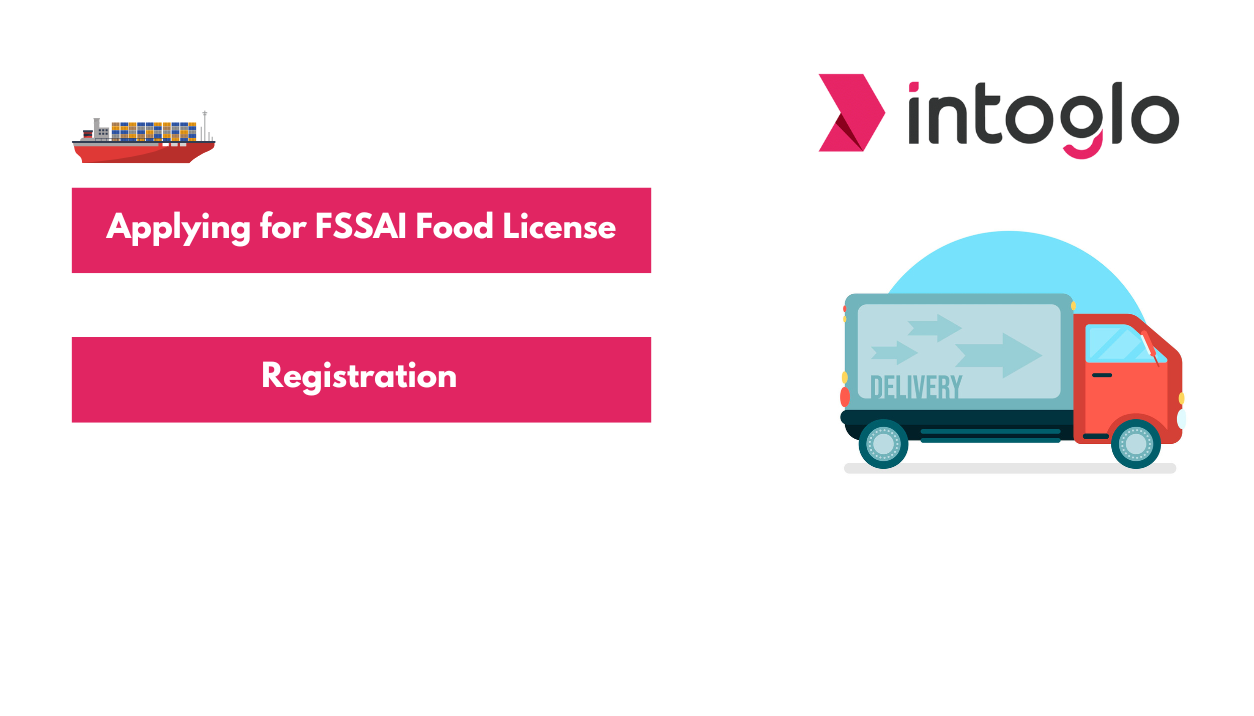

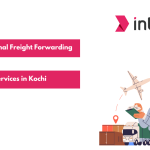
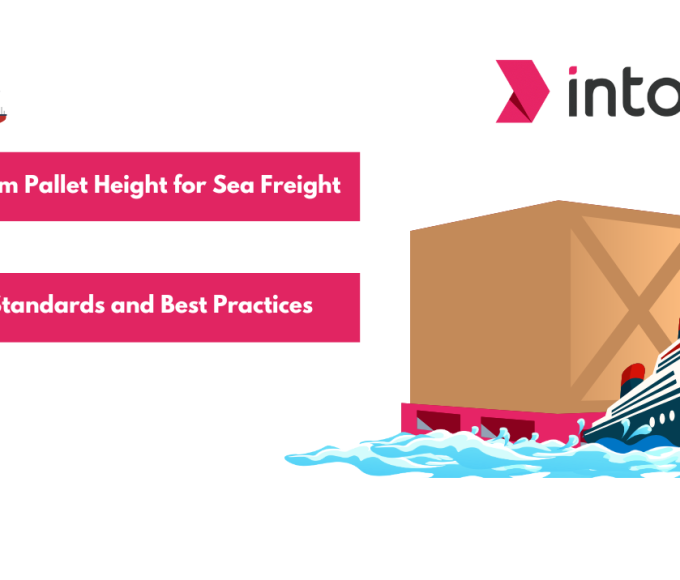

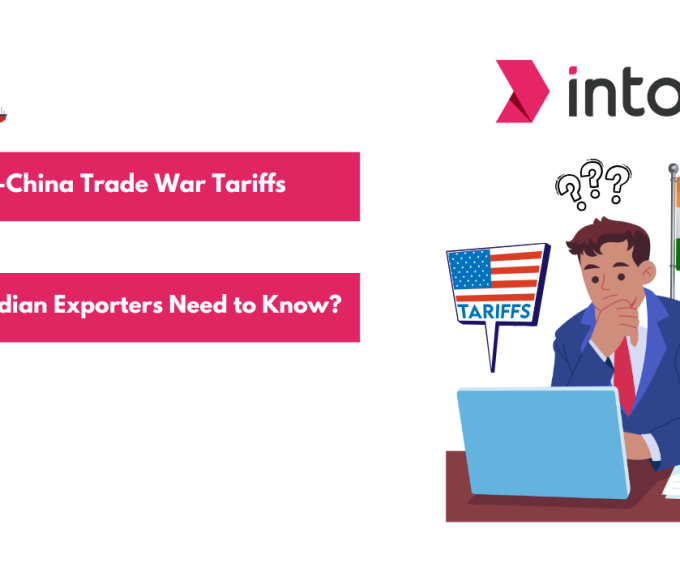
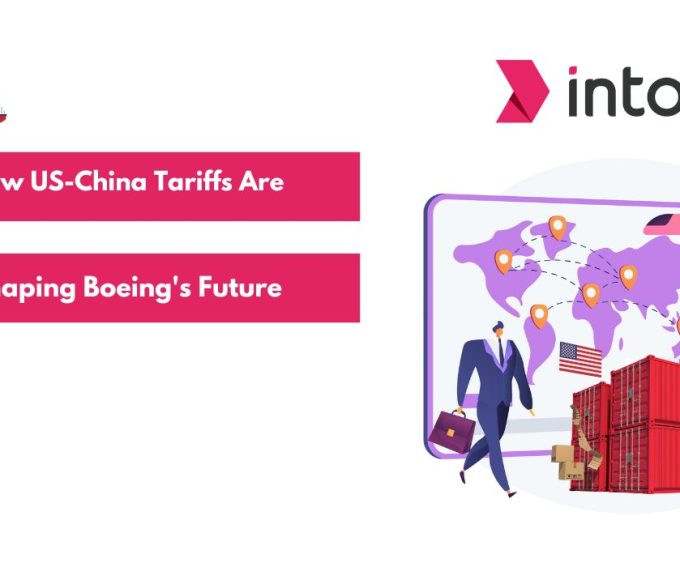
Leave a comment